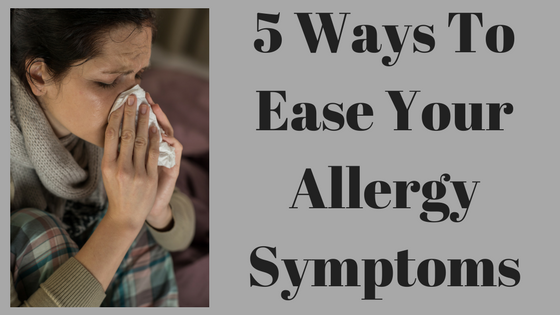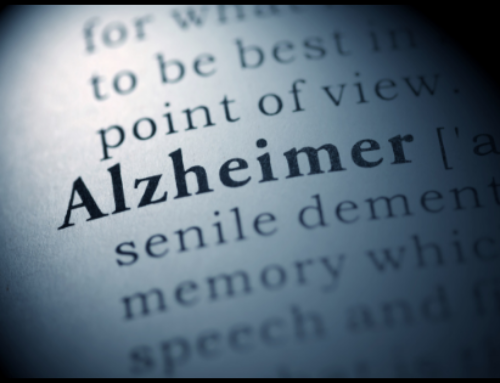Asthma affects more than 24 million people in the U.S., including more than 6 million children.
Allergies are the 6th leading cause of chronic illness in the U.S. with an annual cost in excess of $18 billion. More than 50 million Americans suffer from allergies each year.
Scientists are predicting that the weather we have been experiencing will result in a brutal spring allergy season.
The good news is, there is something you can do about it.
While you can’t change the amount of pollen in the air, there are things you can do to change the way your body reacts to it.
Every mucosal surface on your body is colonized by a distinct group of microbes, including your gut, lungs, and nasal passages. Far from causing harm, these microbes “teach” your immune system to tolerate harmless allergens in the environment.
For quite a while, it was thought that the lungs were completely sterile Not so. Recently, we identified a distinct community of microbes in the lungs.
Interestingly, the epithelium of the gut is structurally very similar to the lung endothelium, and inflammation tends to happen in both areas in people with allergic airway diseases.
While not many studies have assessed lung permeability, it seems plausible that the mechanisms that lead to leaky gut may also cause “leaky lungs.” Like in the gut, microbial communities likely have a major impact on the integrity of the lung tissue.
The health of your microbes is determined in large part by what you eat.
While you may not eradicate your symptoms completely, there are several things you can do to reduce the severity of allergy symptoms and improve your overall quality of life.
- Take probiotics or eat fermented foods
Fermented foods (you can find these in the refrigerated section of your supermarket) and probiotics can help bring the microbiota and your immune system back into balance. See Master Supplements - Eat plenty of fermentable fiber
Complex fibers like chicory root, Jerusalem artichoke, yams, dandelion greens, leeks, and onion are fermented by gut bacteria, resulting in the formation of short-chain fatty acids (SCFAs) that regulate the immune system. - Get tested for sensitivities and avoid inflammatory foods
Continuing to eat foods you are sensitive to can cause low-grade inflammation and impair gut healing. The 28 Day Elimination and Detoxification Program will show you how to experience for yourself which common “healthy” foods may be creating inflammation causing your body to overreact to your environment and harming your gut. - Try a low-histamine diet A low-histamine diet can often reduce the severity of allergy symptoms. Foods high in histamine include fermented foods, aged cheese, citrus fruits, fish, shellfish, avocados, spinach, cocoa, and leftover meat, to name a few. Consider taking quercetin (a natural antihistamine) or diamine oxidase (the enzyme responsible for breakdown of histamine) in supplement form and use antihistamine herbs like thyme and holy basil in cooking.
- Try local raw honey for seasonal allergies
Raw honey contains both beneficial bacteria and trace amounts of pollen picked up by the bees from local plants. Consuming raw honey produced in your area can help to “educate” your immune system to tolerate these local pollens.
I have worked with hundreds of clients over the years and many find that switching to a nutrient-dense diet free of common food intolerances can significantly improve allergy symptoms.
It’s just one of many benefits you will receive when you start giving your body what it truly needs to thrive and feel its best every day.
Not sure where to start? Fill out my free Diet Evaluation Quiz.
Please remember to include your name and email.
When I get your results, I will send you a link to my online calendar to schedule a consultation to discuss your results.
Discover for yourself what a big difference a few dietary changes can make.






